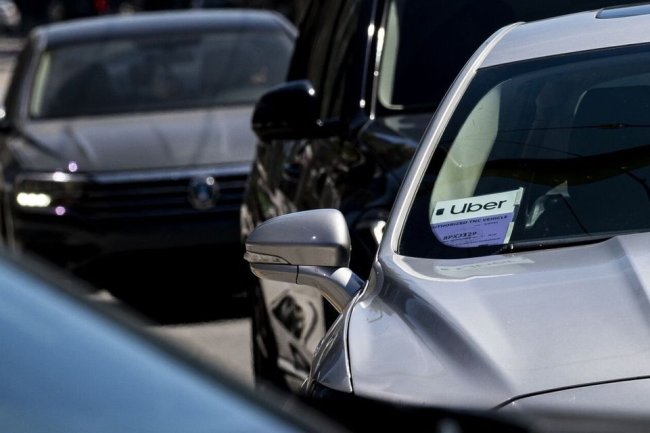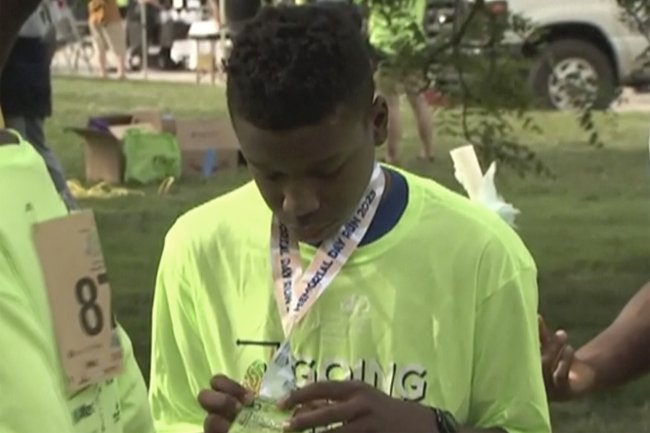Big News Publishers Look to Team Up to Address Impact of AI
IAC Chairman Barry Diller says that publishers, in some cases, should “get immediately active and absolutely institute litigation.” Photo: glenn chapman/Agence France-Presse/Getty Images By Alexandra Bruell June 28, 2023 4:24 pm ET Several large news and magazine publishers are discussing the formation of a new coalition to address the impact of artificial intelligence on the industry, according to people familiar with the matter. The possibility of such a group has been discussed among executives and lawyers at the New York Times ; Wall Street Journal parent News Corp ; Vox Media; Condé Nast parent Advance; Politico and Insider owner Axel Springer; and Dotdash Meredith parent IAC, the people said. A specific agenda hasn’t been decided, and s


IAC Chairman Barry Diller says that publishers, in some cases, should “get immediately active and absolutely institute litigation.”
Photo: glenn chapman/Agence France-Presse/Getty Images
Several large news and magazine publishers are discussing the formation of a new coalition to address the impact of artificial intelligence on the industry, according to people familiar with the matter.
The possibility of such a group has been discussed among executives and lawyers at the New York Times ; Wall Street Journal parent News Corp ; Vox Media; Condé Nast parent Advance; Politico and Insider owner Axel Springer; and Dotdash Meredith parent IAC, the people said.
A specific agenda hasn’t been decided, and some publishers haven’t yet committed to participating, the people said. It is possible a coalition may not be formed, they said.
While publishers agree that they need to take steps to protect their business from AI’s rise, priorities at different companies often vary, the people said. Such differences could create a hurdle when it comes to setting an agenda in a coalition, they said.
Collaboration among competitive large publishers is rare, and the talks are indicative of the existential threat generative AI technology represents both to the industry and society.
Generative AI, a type of artificial intelligence that can create various types of content including text, images and audio, has become a buzzword since OpenAI’s ChatGPT was launched late last year. The chatbot—which can eloquently answer seemingly any question, but is sometimes spectacularly wrong—became an overnight global phenomenon, fueling concerns that AI could reshape many industries.
In recent months, publishing executives have begun examining the extent to which their content has been used to “train” AI tools such as ChatGPT, how they should be compensated and what their legal options are, the Journal previously reported.
Of particular concern is that the tools provide information directly to users, eliminating the need to follow links to information sources, such as articles.
Even before AI’s rise to prominence, publishers have sought to get compensated for tech platforms’ use of their content, but traditionally structured deals on their own. For instance, News Corp and the Times each have reached sizable deals with Alphabet’s Google, the Journal previously reported.
News publishers are being represented as a group by News Media Alliance, which has been behind a push for legislation in the U.S. that would allow publishers under a certain size to collectively negotiate for compensation from tech giants such as Google for the use of their content.
A handful of executives in publishing have been vocal about AI and its implications for the news industry.
IAC Chairman Barry Diller at a recent industry event warned of AI content scraping—or the use of text and images available online to train the AI tools—and said that publishers in some cases should “get immediately active and absolutely institute litigation.”
Axel Springer CEO
News Corp Chief Executive Robert Thomson, who has been one of the most vocal critics of the platforms, recently warned that intellectual property was under threat due to the rise of AI. Beyond the Journal, News Corp owns a series of publications including Barron’s, MarketWatch and news organizations in the U.K. and Australia.
“Firstly, our content is being harvested and scraped and otherwise ingested to train AI engines,” he said at a recent industry event. “Secondly, individual stories will be surfaced in specific searches. And, thirdly, our content will be synthesized and presented as distinct when it is actually an extracting of editorial essence.”
OpenAI didn’t respond to a request for comment.
In response to criticism about AI companies scraping content off the internet and feeding it into their training models, OpenAI CEO Sam Altman earlier this year told the Journal: “We’ve done a lot with fair use”—a legal provision that allows for copyright material to be used without permission in certain circumstances. Altman also said OpenAI has struck deals for content, when warranted.
Write to Alexandra Bruell at [email protected]
What's Your Reaction?













